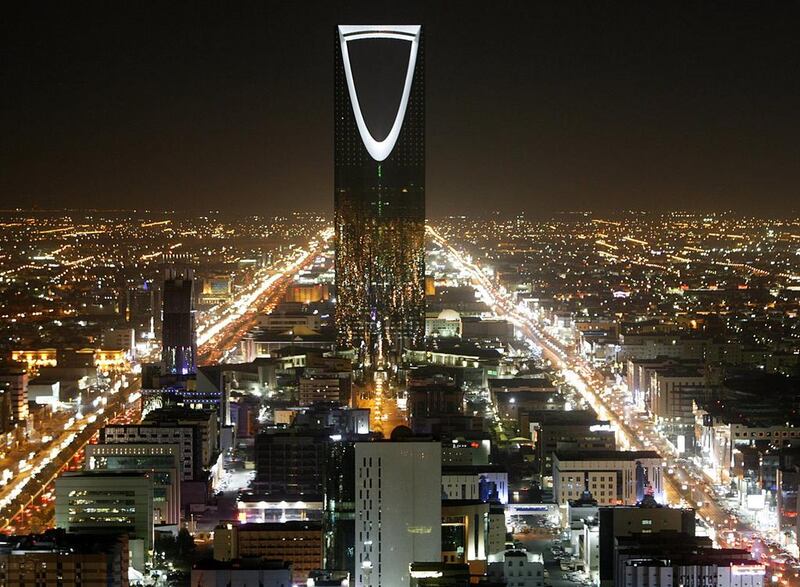Saudi Arabia’s Capital Market Authority (CMA) has made it easier for international investors to buy publicly-traded companies by halving the minimum requirement of qualified foreign investors (QFI) to US$500 million from $1 billion. The move comes ahead of a planned initial public offering of Saudi Aramco, the world’s biggest oil producer.
The CMA also said it has eliminated the requirement for CMA review and approval of QFI qualification as well as automatically qualifying units and managed funds of QFI applicants without the need to submit separate applications. A CMA spokeswoman said that the regulations would become effective on January 23.
“Through these reforms, the Saudi regulator confirms its commitment to deepening the level of foreign participation,” said Mohamed El Jamal, managing director of Waha Capital Markets, the asset management division of Waha Capital, the Abu Dhabi investment firm.
“Since 2015 Saudi has engaged in a strategy to open its equity capital markets to foreign investors. We view the recently announced reforms as a significant step towards broadening the institutional audience for the qualified foreign investors route.”
Saudi Arabia’s benchmark Tadawul stock index, the largest in the Arab world, has advanced 1 per cent so far this year after gaining just 0.2 per cent last year. The CMA has taken a number of steps over the past year to bring stock market regulations in line with global norms. As a result, the index compiler MSCI said last year it had added the kingdom to its watchlist for possible addition to its emerging market measure of stocks after the country fulfilled a number of pending requirements, including T+2 settlement.
__________
Read More:
[ Saudi Aramco becomes joint stock company as it heads towards IPO ]
[ The first Arabian Gulf IPO of 2018 opens for subscription in Saudi Arabia ]
__________
Mr El Jamal noted that foreign ownership of stocks in Saudi Arabia is among the lowest across emerging markets, but that the prospect of the inclusion of Saudi Arabian stocks in the FTSE and MSCI Emerging Markets Index would boost foreign participation in the local market significantly over the next couple of years.
Regional investors expect investors who track indexes, typically known as passive investors because they do not pick stocks, will buy between US$10 billion and $12bn of Saudi equities as a result of the upgrade, while investors that pick stocks, called active investors, will invest a further $30bn to $35bn.
Saudi Arabia is endeavouring to revive its economy after several years of low oil prices that curtailed job creation and growth.
The measures include a reduction of energy subsidies, plans to raise taxes such as a VAT and selling off state assets including a 5 per cent stake in Aramco, which may raise as much as $100bn.
As well as introducing T+2 settlement, which means that securities settle two days after they are bought, the CMA also introduced Nomu, a parallel market for qualified investors as well enabling securities borrowing and lending, and the adaption of International Financial Reporting Standards for listed companies.
It has also enabled foreign participation in domestic Saudi public offerings and pushed through enhanced regulations for mergers and acquisitions.
While moves by the CMA are positive for boosting the the equity market, investors will also keep an eye on the price of oil and geopolitical risks before buying stocks.
“This easing of requirements for foreign investors to qualify as QFI’s is certainly a welcome move and is part of Saudi Arabia’s ongoing capital market reform process, said Sachin Mohindra, a portfolio manager at Invest AD, an Abu Dhabi asset manager. “Any step to improve ease of access is a long term positive,” .
“However, we feel that while this move is a big positive, it by itself is unlikely to trigger fresh foreign flows at least in the short to medium term.
“In the recent past foreign flows into Saudi Arabia have been influenced primarily by geopolitics, pace of growth of the non-oil economy, earnings growth momentum of listed companies and valuations of listed stocks.
“We expect that foreign investors will continue to focus on these factors in 2018.”





